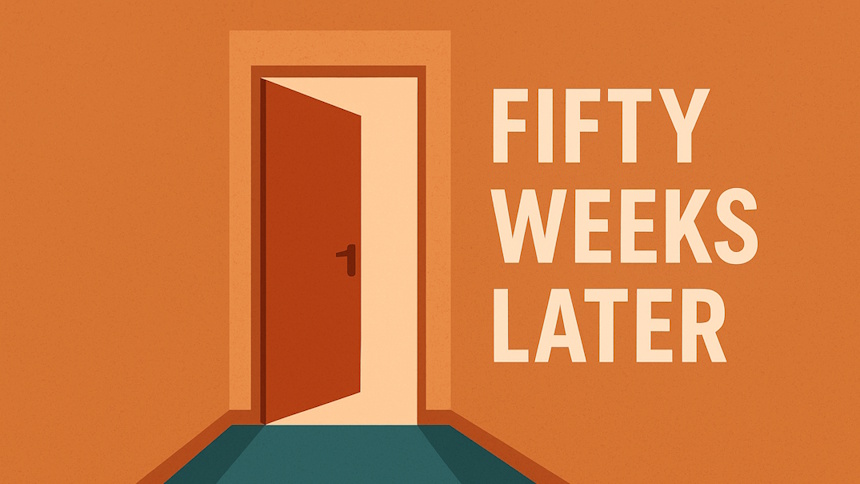I am currently working my way through Why Nobody Understands Quantum Physics when I read about the Newton/Leibniz rivalry on who invented calculus. 1
In 1696, Johann Bernoulli and Gottfried Wilhelm Leibniz challenged Europe’s mathematicians to solve the Brachistochrone problem (finding the path of fastest descent). Isaac Newton, then 54 and working at the Royal Mint, received the challenge on Jan 29, 1697. He solved it overnight and submitted it anonymously. Bernoulli instantly recognized the author, famously stating: "ex ungue leonem (as the lion by his claw).
That phrase got me wondering about fingerprints and identity.
Over the past year and more, we have been using the em dash as the "lion's claw" of an LLM-generated content. And because it's prevalent, the claw has become a tell. We used to say, _"On the internet, nobody knows you’re a dog."_ Except now, the dog is an AI, and we know it’s a dog because it can’t stop using em dashes to simulate "thoughtful" prose. 🤷🏾♂️
I imagine Bernoulli opening Newton’s anonymous letter today. Instead of elegant geometry, he finds a perfectly optimized, AI-generated proof. And if he looks for a 'claw', he would find none, not a hint of a man who stayed up all night grumbling about being dunned and teased by foreigners about mathematical things. It made me wonder: would Newton purposefully insert a stray comma today, just to prove he wasn't a bot?
-
I hated calculus at school and now I know who to blame for it. ↩

